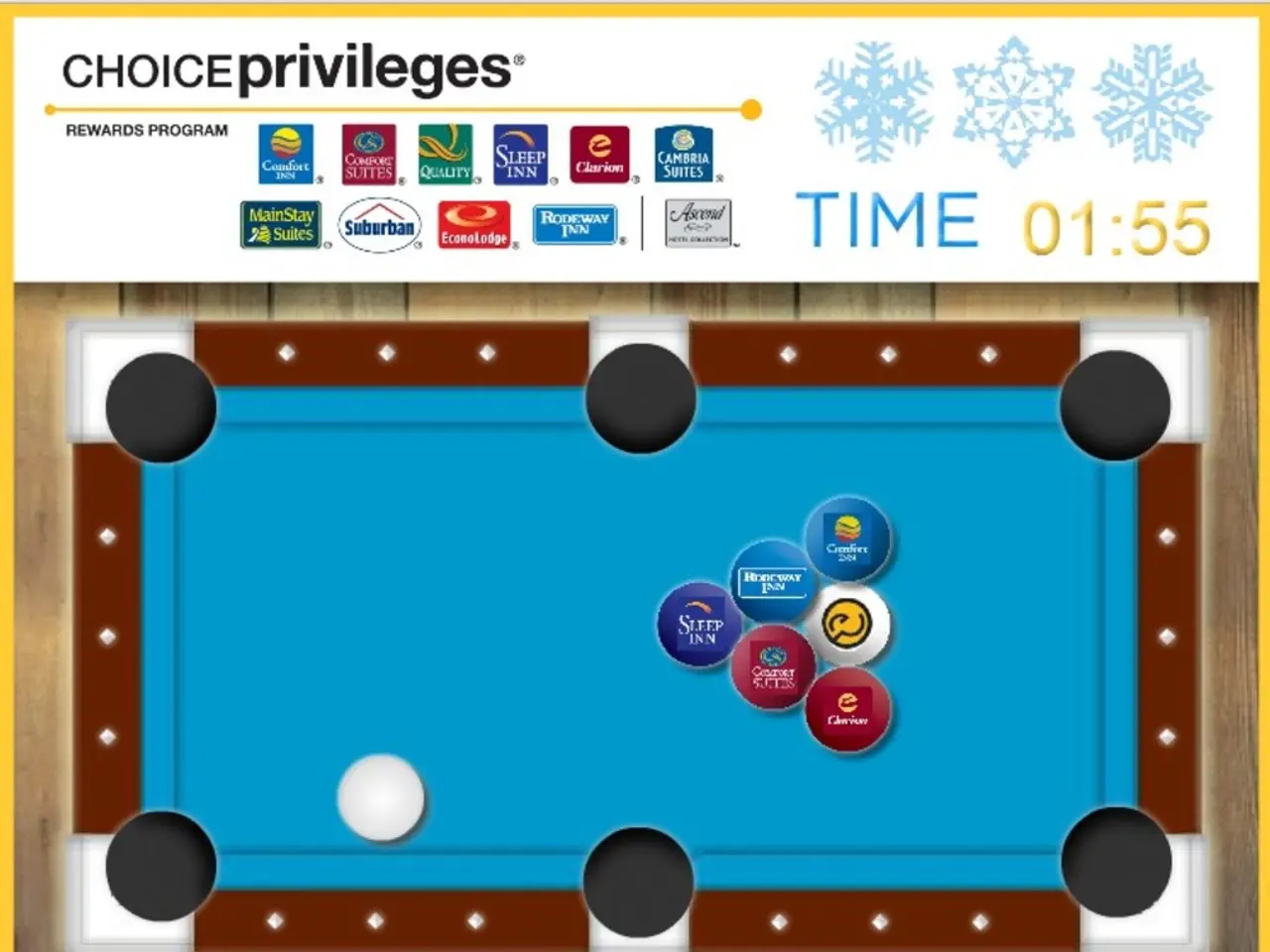Sony Faces Fraudulent Software Charge by BGH
The German Federal Court of Justice (BGH) has made a significant ruling on July 31, 2025, determining that cheat software developed for PlayStation Portable (PSP) games does not infringe Sony's copyright. This decision aligns with the European Court of Justice's (ECJ) earlier ruling and sets a precedent for similar cases in Europe.
The case in question, Az. I ZR 157/21, involves a racing game for the PSP, a mobile gaming console no longer in production. The dispute centers around so-called cheat software, which allows players to manipulate the course of the game by using unlimited turbo or select drivers from higher scores.
Sony had demanded damages from the developers and sellers of this software for a violation of copyright. However, the BGH, in the appeal, held that the source code and object code of a computer program are protected by copyright. The decisive factor is that the software only temporarily alters data in the console's memory, and it does not modify the game's source code.
The BGH based its decision on a ruling by the ECJ from October 2024, which concluded that cheat tools do not constitute copyright infringement as they do not translate, adapt, or otherwise modify the actual program code of the game. Both courts emphasized that copyright protects the program's source and object code but not temporary changes in data or program execution that do not alter the underlying code.
This ruling has several implications:
- For game developers (like Sony): This limits their ability to claim copyright infringement against cheat tool makers solely on the basis that these tools interfere with gameplay by manipulating data in memory, rather than altering the game software's protected code.
- For cheat tool developers: The ruling provides legal clarity that creating and distributing cheat software that modifies in-memory data but not the actual game code is not copyright infringement under current European law.
- For the gaming industry: While cheating can still violate terms of service or lead to bans, copyright law does not provide grounds to block cheat tool creation or use based on these technical distinctions.
- Legal alignment: The BGH's decision confirms the ECJ’s interpretation, harmonizing German and EU law on this matter and setting a precedent for similar cases in Europe.
In summary, the German Federal Court of Justice's ruling follows the European Court of Justice's decision, clarifying that cheat software that manipulates game data without modifying the source code does not infringe copyright laws. This has significant implications by restricting copyright claims against cheat software creators while leaving other legal avenues for addressing cheating open.
[1] European Court of Justice ruling: Case C-616/19, 13 October 2024. [1] German Copyright Act: Section 69c No. 2. [1] EU Directive on computer program protection: Directive 2009/24/EC of the European Parliament and of the Council of 23 April 2009 on the legal protection of computer programs.
- The BGH's decision demonstrates that technology, such as cheat software for gaming consoles, can manipulate game data without violating copyright laws, as it does not alter the protected source code of the game.
- The ruling on the Az. I ZR 157/21 case showcases the importance of technology in gaming, highlighting that its use for temporary data alteration does not equate to copyright infringement under European law.




